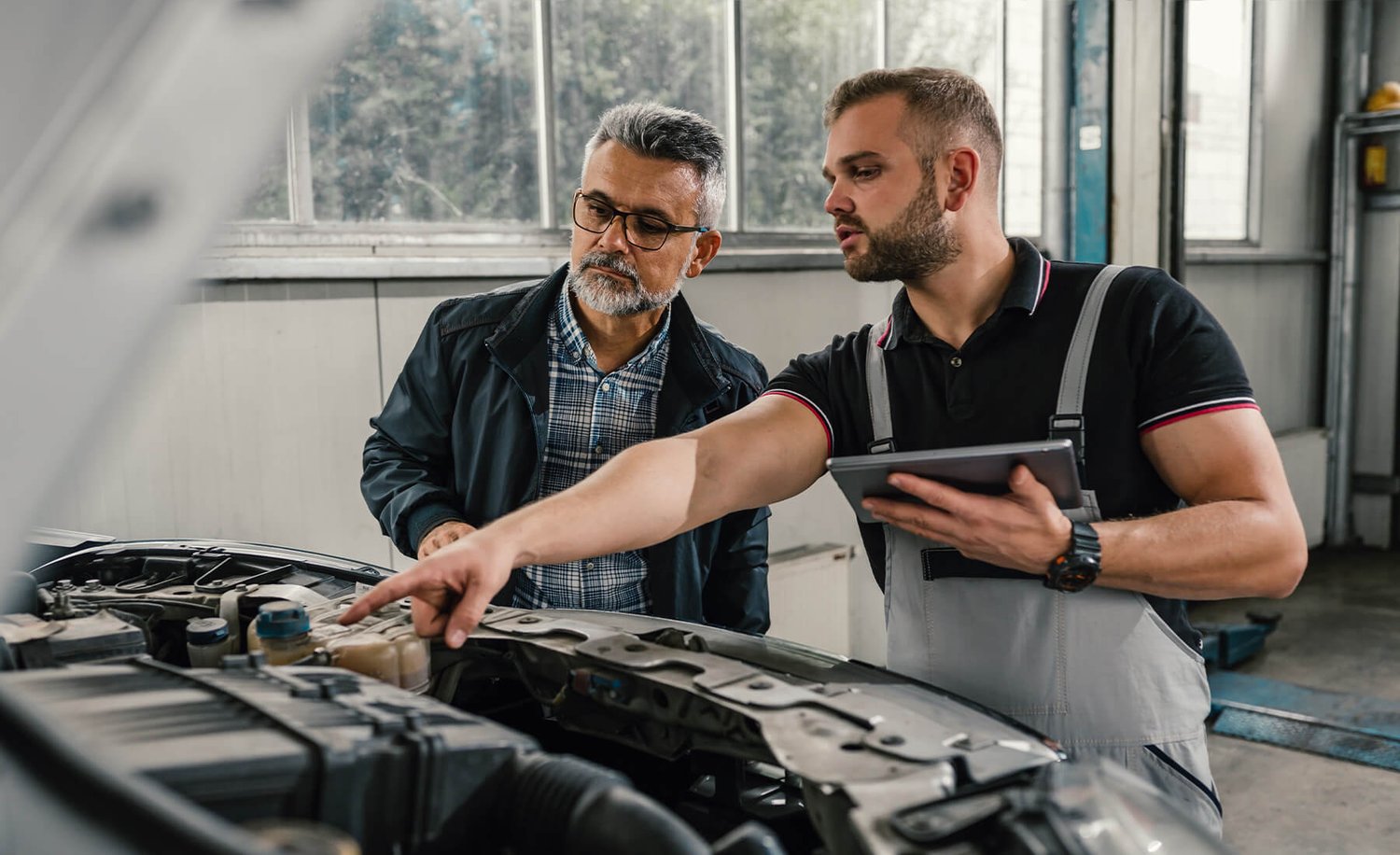All Categories
Featured

In today's world, sustainability is no more a necessity yet a buzzword. As markets adjust to decrease their carbon footprint, the automobile repair market is making significant strides toward ecological obligation. Eco-friendly repair shops go to the forefront of this shift, embracing methods that not just benefit the world yet additionally boost their reputation among environmentally-conscious consumers. Below's exactly how these service center are minimizing their environmental impact.

- Adopting Lasting Waste Management Practices. Environmentally friendly service center prioritize appropriate waste administration to make sure that harmful products, such as utilized oil, antifreeze, and batteries, are taken care of responsibly. Rather of sending these products to landfills, they team up with recycling facilities that can process and repurpose them. As an example, used oil can be re-refined into brand-new lubricants, minimizing the demand for virgin sources.
Additionally, stores recycle scrap metal, tires, and plastic components from automobiles. Many additionally incorporate waste segregation systems, making it easier to draw away recyclable products from general waste.
- Utilizing Eco-Friendly Products. Traditional automobile repair items often contain hazardous chemicals that can contaminate dirt and water. Green service center select non-toxic and naturally degradable choices, including cleaners, paints, and degreasers. For circumstances, water-based paints are replacing solvent-based paints, which launch unpredictable organic substances (VOCs) that damage air top quality.

These stores also utilize synthetic lubricating substances and other sustainable products that lower the vehicle's discharges while preserving high performance.
- Power Performance in Procedures. Several environment-friendly repair work shops are upgrading their centers to lessen energy consumption. This includes utilizing LED illumination, energy-efficient cooling and heating systems, and movement sensors to decrease electricity waste. Some go an action additionally by mounting solar panels to power their operations, countering their reliance on non-renewable energy resources.
- Reducing Paper Usage with Digital Solutions. Environment-friendly repair shops utilize modern technology to lower paper waste. Digital invoicing, online visit booking, and digital records simplify operations while lowering the demand for published materials. This not just lessens waste but also enhances consumer comfort.
- Advertising Eco-Friendly Driving Habits. Lots of environment-friendly service center exceed servicing vehicles by educating their clients. They offer pointers on maintaining gas effectiveness, such as routine tire stress checks and timely oil modifications, which add to lower discharges. By promoting these methods, they equip chauffeurs to participate in lowering their ecological influence.
- Spending in Green Certifications. To demonstrate their commitment to sustainability, some repair stores look for certifications such as Environment-friendly Garage or ISO 14001. These accreditations call for adherence to strict ecological requirements, consisting of reliable source usage and pollution reduction. Customers can rely on that licensed stores are truly dedicated to environmentally friendly techniques.
Verdict. Environmentally friendly fixing stores are leading the way for a greener automotive market. By concentrating on lasting waste management, making use of eco-conscious items, improving energy performance, minimizing paper use, and promoting responsible driving habits, they are considerably reducing their environmental effect. Sustaining these businesses not only helps the planet however also encourages others in the sector to adopt comparable methods.
If you're looking for a repair store, consider one that focuses on sustainability-- it's a choice that profits everybody, including future generations.
Latest Posts
Check Out Exceptional Vehicle Maintenance Services at Montclare Auto Repair – Quality Service Today
Published May 28, 25
1 min read
Specialist Residential Roofing Solutions You Can Trust
Published May 22, 25
1 min read
Shield and Beautify Your Home with Weathercraft's Exterior siding Providers
Published May 21, 25
1 min read
More
Latest Posts
Check Out Exceptional Vehicle Maintenance Services at Montclare Auto Repair – Quality Service Today
Published May 28, 25
1 min read
Specialist Residential Roofing Solutions You Can Trust
Published May 22, 25
1 min read
Shield and Beautify Your Home with Weathercraft's Exterior siding Providers
Published May 21, 25
1 min read